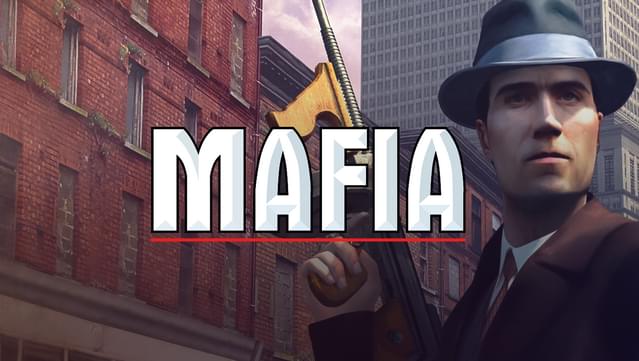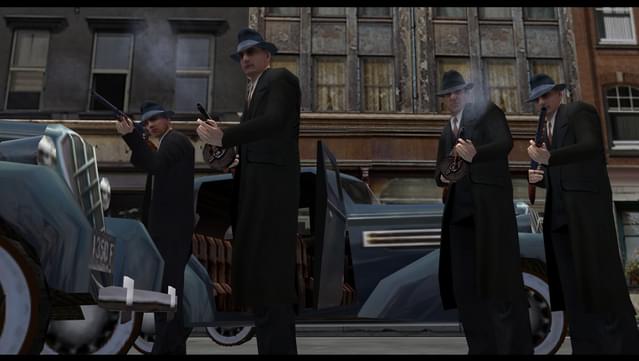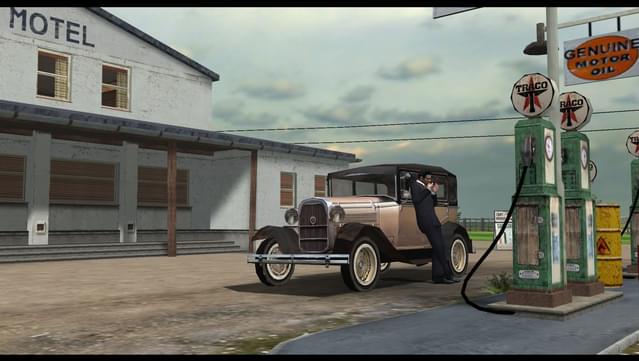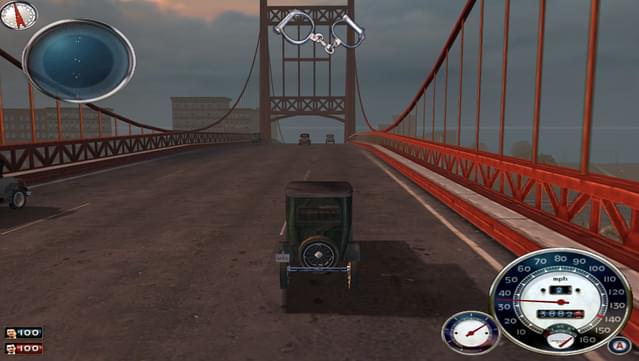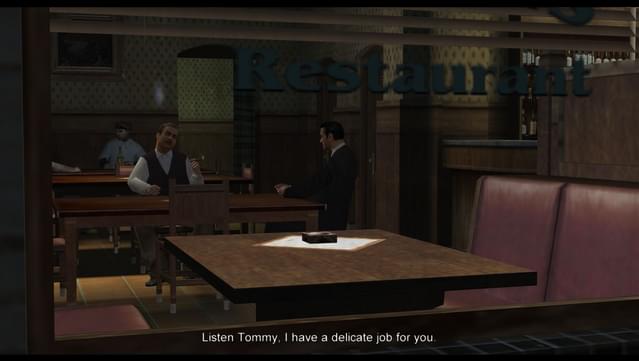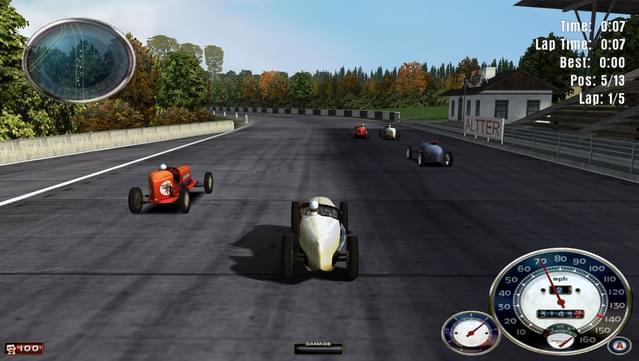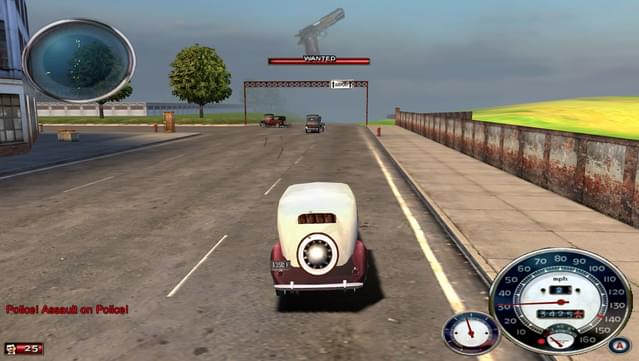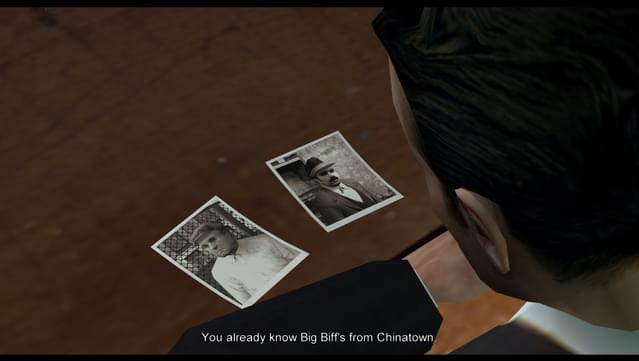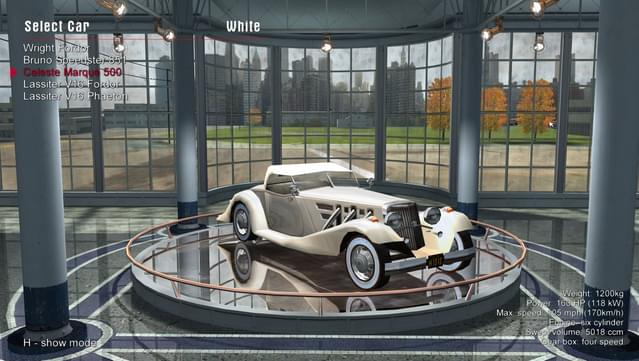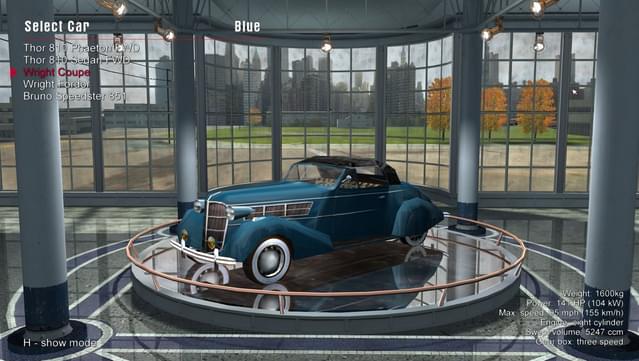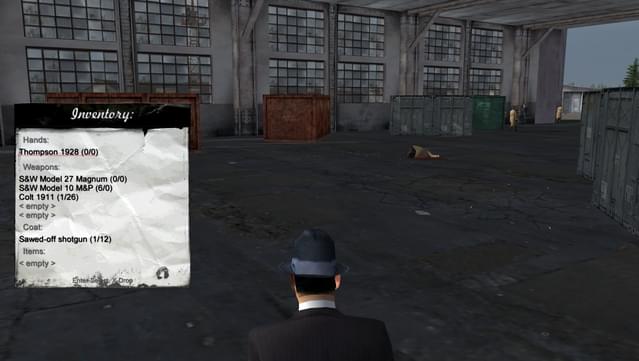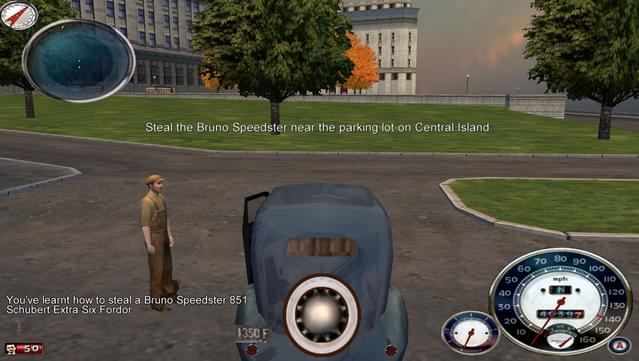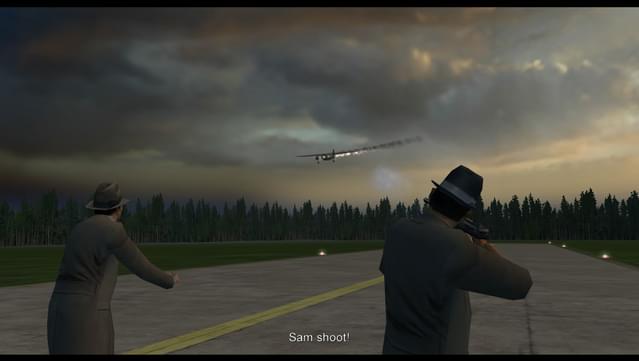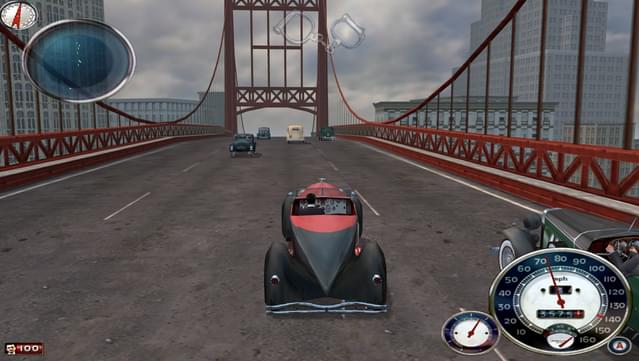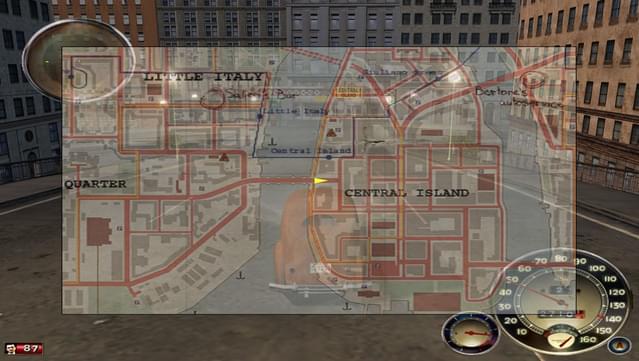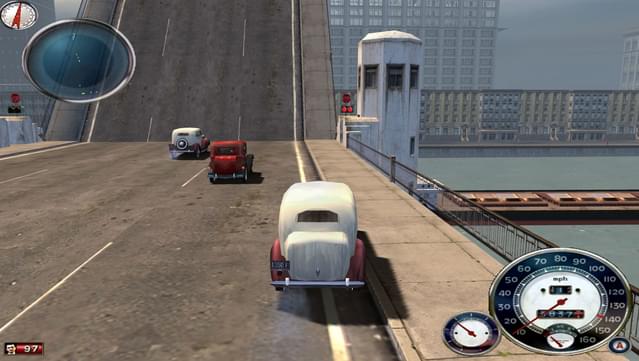Posted on: October 25, 2017

A_Sweatband
Verified ownerGames: 699 Reviews: 12
Another classic flawed masterpiece
Despite the soudtrack problems, which can be fixed with a single mod download, this is the original Mafia exactly as shipped, with the same moody score that does ship intact for the game. The story is still brilliantly crafted and well paced, and even though some of the smaller roles can have funny sounding voices or seem somewhat awkwardly written, and the racing section................. Anyway, you never feel like you are taken out of the story, that just like the sequel that followed it, is at its core, a well crafted story with a very highly detailed city, with some old sensibilities that some would say were sadly missing from Mafia II and the other one that came out a bit later. Although it sometimes feels like it has aged a bit poorly, the games theme builds for a brilliant story, world, soundtrack and you quickly forget that the game looks somewhat ancient as you end up immersed in the city of Lost Heaven. A quality buy and recommended for anyone interested in Good Old Modern classics.
Is this helpful to you?

